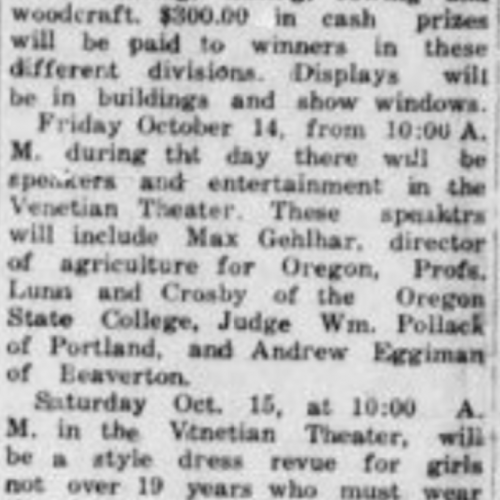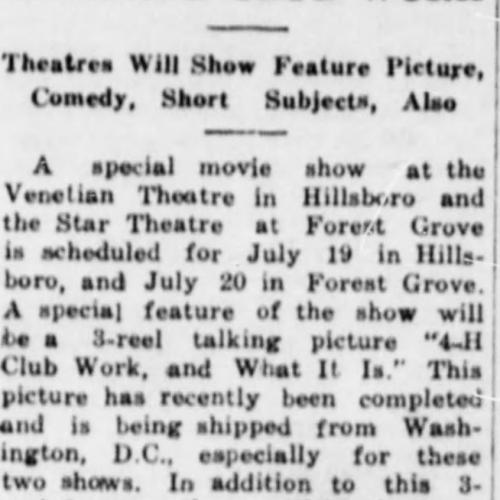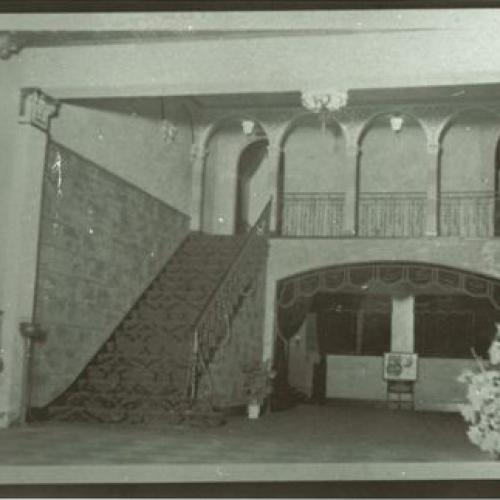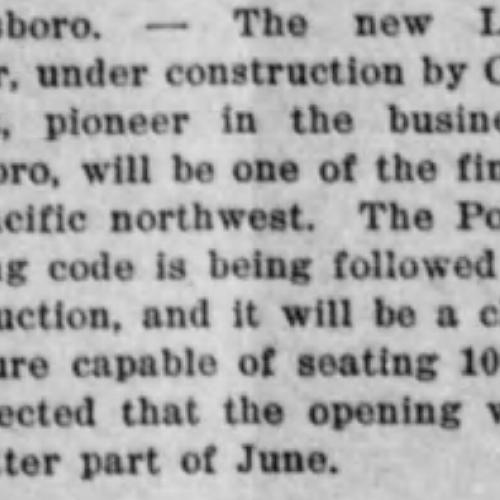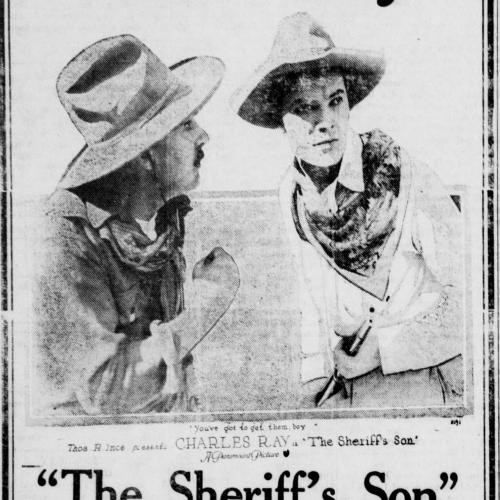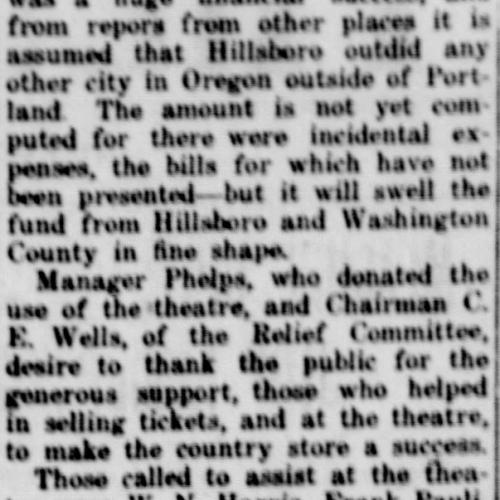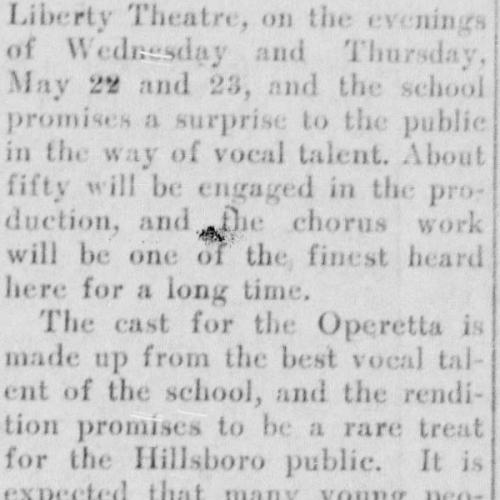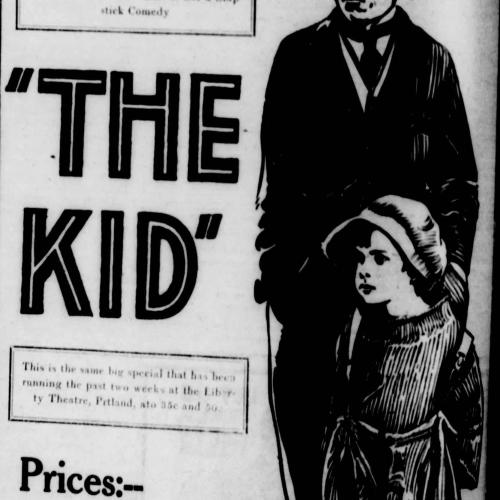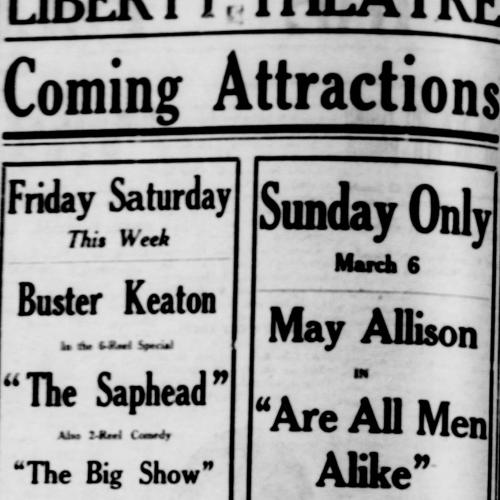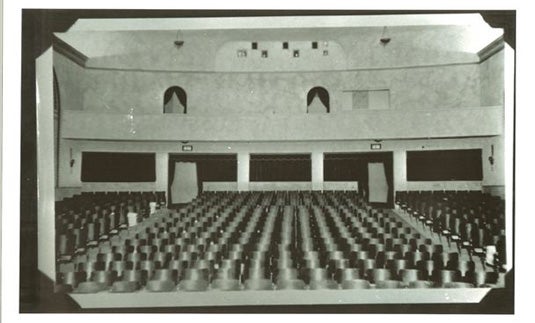
The original building, which hosts the Venetian Theatre, was built in 1888 as the First National Bank of Hillsboro. In 1911 Orange “Pappy” Phelps, the mayor of Hillsboro, converted the bank into a theater, naming it The Grand Theater. This was not Phelps first theater experience. He was a very successful theater operator. In 1908 he opened the Arcade Theater also in downtown Hillsboro, while also working as a booking agent for the Crescent Theater. He also operated the Majestic Theater in downtown Hillsboro from 1916 to 1917 and the Hill Theatre in 1937. In 1952, in partnership with his son, Phelps opened the county’s very first drive-in theater called the CarVue near Cornelius.
The Grand Theater originally had 200 seats, and after a renovation in 1915, it was expanded to 500 seats and renamed the Liberty Theater to sound more patriotic during the World War II era. In 1919, Phelps purchased a $6,000 pipe organ for the theater. The Hillsboro Argus reported, “The big musical instrument is one of the best in the state outside of Portland and will be an innovation in theatre circles” (1).
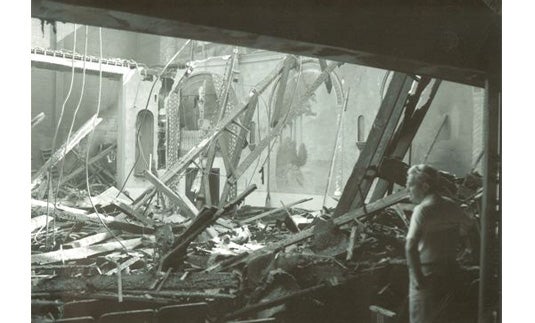
A fire in 1925 then destroyed the theater and Phelps was once again forced to rebuild. This rebuild converted the building into a two-story building, and Phelps renamed the theater The Venetian. This rebuild was done in “Italianate-style architecture, an ornate entranceway, and murals depicting Italian scenes” (3). The theater was then large enough to show full-scale vaudeville shows and silent movies. The Ten Commandments by Cecil B. DeMille was the theater’s opening night musical.
“When talkies replaced silent films, Phelps added Vitaphone, a sound-on-disc process in which recorded voices and music were synchronized with the film” (3). The Hillsboro Argus reported, “This machine is the ‘last word’ in projection and produces a picture which for clearness, steadiness
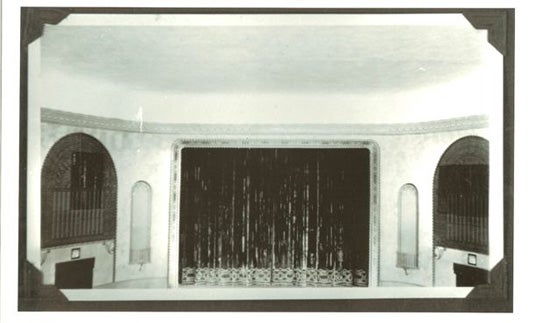
and perfection keeps pace with the advancement in the cinema world” (7). In 1929, The Broadway Melody was the very first film with sound to be shown at the theater, and in Hillsboro. Over one thousand guests were in attendance.
The Venetian used newspaper advertisements and articles describing upcoming movies and shows, such as The Saphead, which stared the world-renowned actor Buster Keaton (9). Phelps truly loved his theater and community so much, he offered free films during the Great Depression, specifically on holidays, so that families could enjoy them. Phelps also held other fun activities aside from movies at the theater, such as graduations, live performances, 4H club shows, cooking shows, and benefits (2) (12).
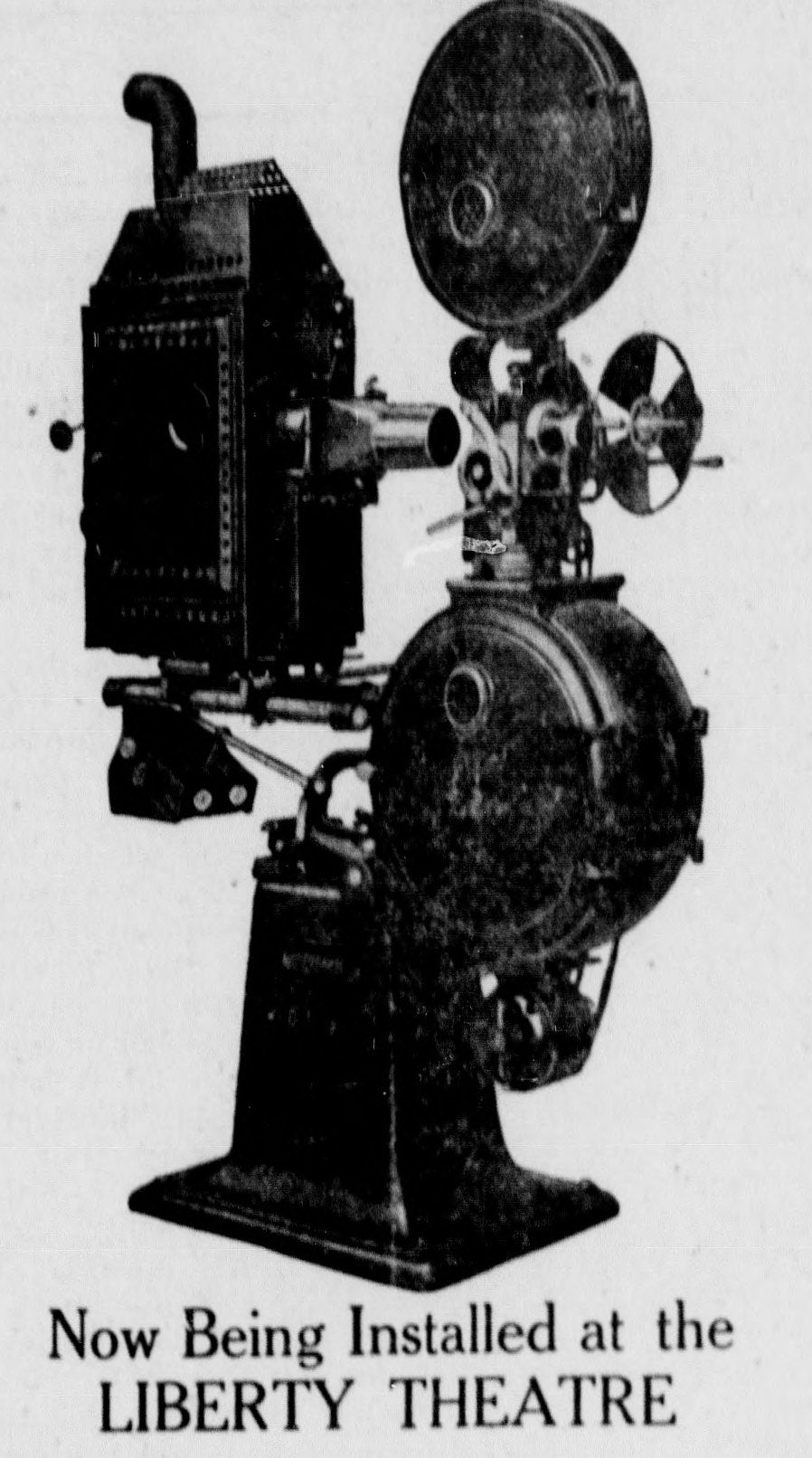
In 1956, another fire destroyed the building. Phelps rebuilt within one year, increasing the auditorium to 800 seats and renaming it Town Theater. In 1976 Phelps, who was in his nineties, turned the theater over to his son Vincent. Two years after Vincent became owner, he sold the theater to Tom Moyer Luxury Theaters. It was taken over again multiple times, and by 1996 the building was in such poor shape it was boarded up, and the city purchased it for $1,500.
In 2007, the building was scheduled to be demolished. A developer named Denzil Scheller purchased the building and paid $2.5 million to renovate and bring the building completely up to city code. In July of 2008, Scheller decided to rename the theater back to The Venetian and reopen as a performing arts center. Some improvements include: “a bright neon marquee, a red tile roof, a wrought-iron balcony, a 370-seat auditorium, and a European-style bistro” (1).
The Venetian was awarded Oregon’s Outstanding Achievement in Design Award and was central to building up the downtown area (1). The theater has been temporarily closed since April 2017 while the current owner attempts to find a buyer. Orange Phelps died in 1985 in Oregon at the age of 98.
